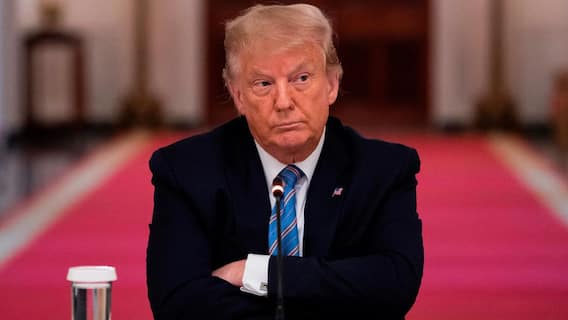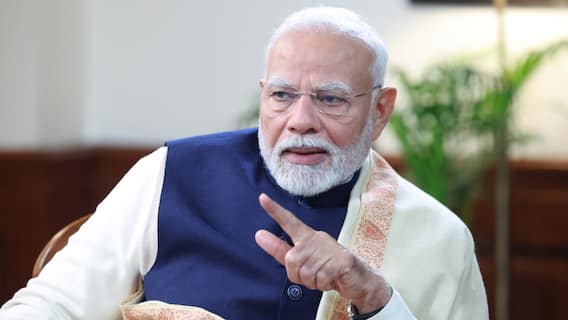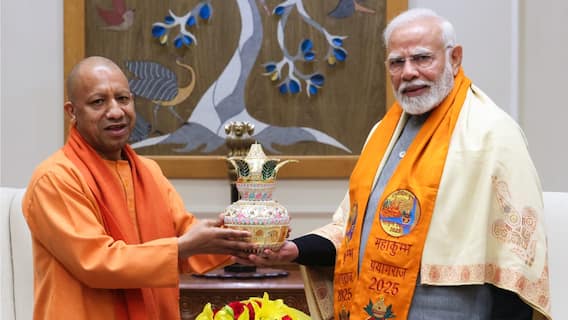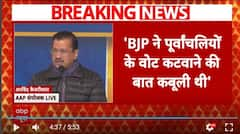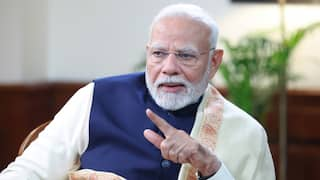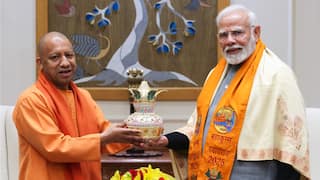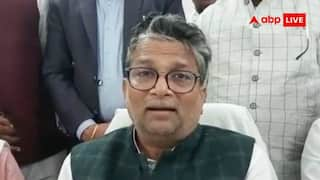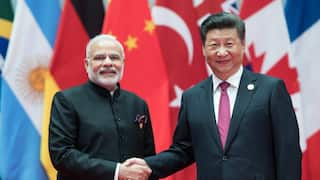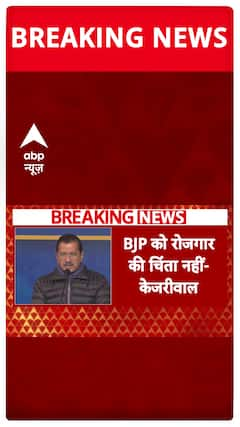Winning over today's 'Connected' consumer in India

Gurugram (Haryana) [India], Sept. 8 (ANI): As the world of connected consumers grows, brands face a more challenging, complex environment today, according to the Tetra Pak Index 2017.
India is now a 'mobile first' market, with 82 % of its population spending their time on mobile phones. Winning over today's empowered, connected consumers requires brands to go beyond the traditional rules of engagement.
Themed around 'The Connected Consumer', the 10th edition of the Tetra Pak Index explores the world of digital and online consumers, and how they are connecting with food and drink brands. Effectively reaching and engaging with this growing consumer group are critical.
In the past year, Asia Pacific alone accounted for 70% of total growth in global Internet users, 62% of the growth in social media users, and 64% of the growth in mobile social media users1. India now accounts for 462 million internet users.
Out of the internet tariff drawn from these users, 79% is drawn from mobile usage. India saw a 23% rise in internet users who spend eight hours a day online on average2 as compared to last year.
These rapid growth rates are pushing brands in the region to pick up the pace of change and evolve their strategies in order to thrive, by initiating, joining and helping shape connected conversations.
The report also shows how the customer journey is shifting from a relatively linear process to a complex network of multiple touch points. Consumers today search for product information before, during and after buying, referring to at least four information sources pre-purchase - many of which are beyond the control of brands.
Greater connectivity and the proliferation of online platforms present a challenge for brands, as consumers expect a consistent experience and messaging across all the touchpoints where they interact especially on social media.
The third-party, user-generated content is becoming ever more important particularly for this region where more than 168 million people are now using social media monthly, with 82% accessing platforms via mobile devices - the highest ratio in the world 3.
Indians generally like to watch video clips, access social networks and chat with friends. While traditional media is still strong, online videos are making a sharp rise and disrupting the way consumers spend their time online.
E-commerce still represents a "niche" phenomenon, due to infrastructure limitations. While it still represents an early adopters' choice, factors like competitive prices and exclusive products motivate Indian consumers to shop online.
"Indians are keen to receive content by brands and appreciate tailored ads on social media, more than what happens globally. This is a good opportunity for brands and they can play two main roles - brand building and brand advocacy. The consumer journey is dominated by a mix of social and traditional offline touchpoints, confirming that the process of digital evolution is still open in India: offline patterns of behaviour are only starting to be disrupted through social and mobile innovations," says Saumya Tyagi, Director Marketing, Tetra Pak South Asia Markets.
In addition, the report demonstrates that packaging has an important role to play in offering a gateway to greater consumer engagement. For example, digital codes printed on packages can improve transparency of traceability, allowing consumers to access information about the product right down to the source.
The package can also be transformed into a platform for two-way information flow where brands can capture specific, valuable data about their consumers as well as share more information about the product itself.
According to Tyagi, innovative features and cutting-edge packaging technology can make consumer feel more connected with the brands and ensure food safety.
He said, "Packaging also plays a significant role in keeping consumers engaged and connected with the brands. At Tetra Pak, we have been working ahead of the curve to use this powerful tool to reach out to our consumers. We are now working on introducing new digital technologies like augmented reality and QR codes in our packaging, which will help us attract and connect with these new generation of connected consumers." (ANI)
This story has not been edited. It has been published as provided by ANI
Trending News
Top Headlines






